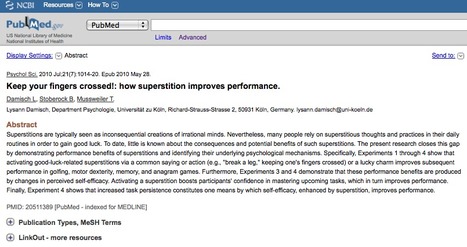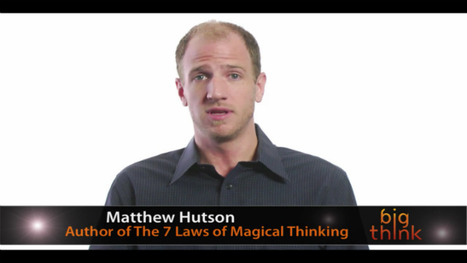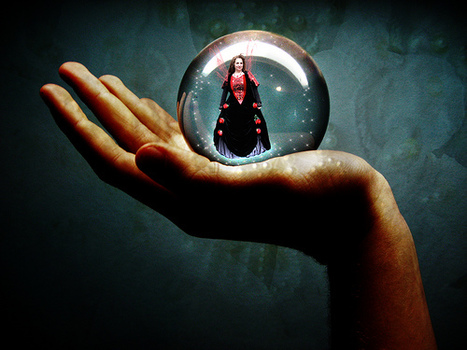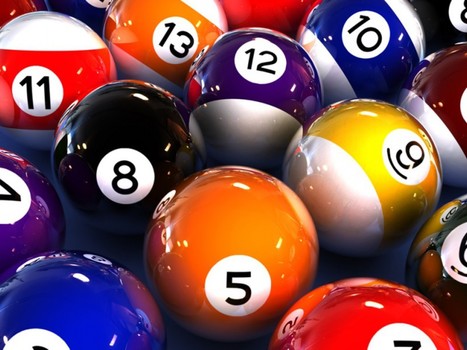Paradoxically perhaps, openness to experience thus encompasses a rather diverse set of characteristics, some of which would seem to support disbelief in religion, whereas others seem to support mystical and spiritual ideas.
Research and publish the best content.
Get Started for FREE
Sign up with Facebook Sign up with X
I don't have a Facebook or a X account
Already have an account: Login

 Your new post is loading... Your new post is loading...
 Your new post is loading... Your new post is loading...
|
|

















